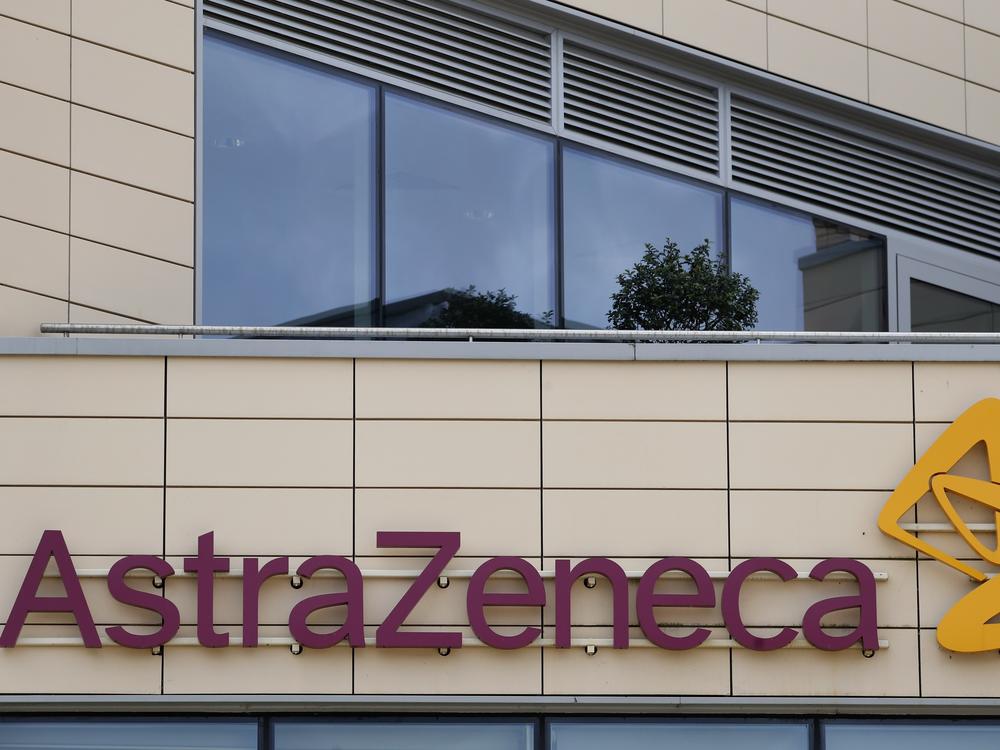Section Branding
Header Content
AstraZeneca Resumes Its COVID-19 Vaccine Trials In The U.K.
Primary Content
Drugmaker AstraZeneca announced Saturday that its COVID-19 vaccine studies have resumed in the United Kingdom, though not yet in the United States. The vaccine trials had been placed on hold around the world earlier in the week after a U.K. participant in one of the studies developed a neurological illness.
The candidate vaccine was developed by the University of Oxford along with AstraZeneca. The goal of the large studies is to see whether the vaccine is capable of preventing COVID-19 and whether it is safe.
Although initial studies didn't reveal serious side effects from the vaccine, rare complications of any vaccine, if there are any, may not turn up until it has been administered to thousands, or tens of thousands of people.
On Sunday, AstraZeneca says, all studies around the world of this particular candidate vaccine were paused after one volunteer in the U.K. developed symptoms consistent with transverse myelitis, an inflammation of the spinal cord that can cause paralysis.
According to a statement Saturday from the drug company, the studies were paused "to allow review of safety data by independent committees, and international regulators."
The statement goes on to say that the committee has concluded its investigations and advised the Medicines Healthcare Products Regulatory Authority, the U.K. equivalent of the Food and Drug Administration, that trials in the U.K. are safe to resume.
In an email to NPR Saturday, an AstraZeneca spokesperson said, "The company will continue to work with health authorities across the world, including the FDA, and be guided as to when other clinical trials can resume."
AstraZeneca said it cannot disclose further medical information because it is the study sponsor, but added in its statement, "All trial investigators and participants will be updated with the relevant information, and this will be disclosed on global clinical registries, according to the clinical trial and regulatory standards."
The AstraZeneca/Oxford partnership is one of the vaccine development efforts against the coronavirus that is furthest along. The company recently began a phase 3 trial in the United States that aims to enroll 30,000 volunteers.
In late July, results of a preliminary safety and effectiveness study found that more than two-thirds of the people who received the experimental vaccine reported fatigue and headache after inoculation. Muscle aches and fever were also common. But the researchers said then that there were no "serious adverse reactions" among the more than 500 people vaccinated and that most of the effects were "mild or moderate in severity."
In May, the Trump administration awarded the AstraZeneca effort up to $1.2 billion from the Biomedical Advanced Research and Development Authority as part of Operation Warp Speed, the administration's push to have a widely available coronavirus vaccine by January.
Copyright 2020 NPR. To see more, visit https://www.npr.org.

